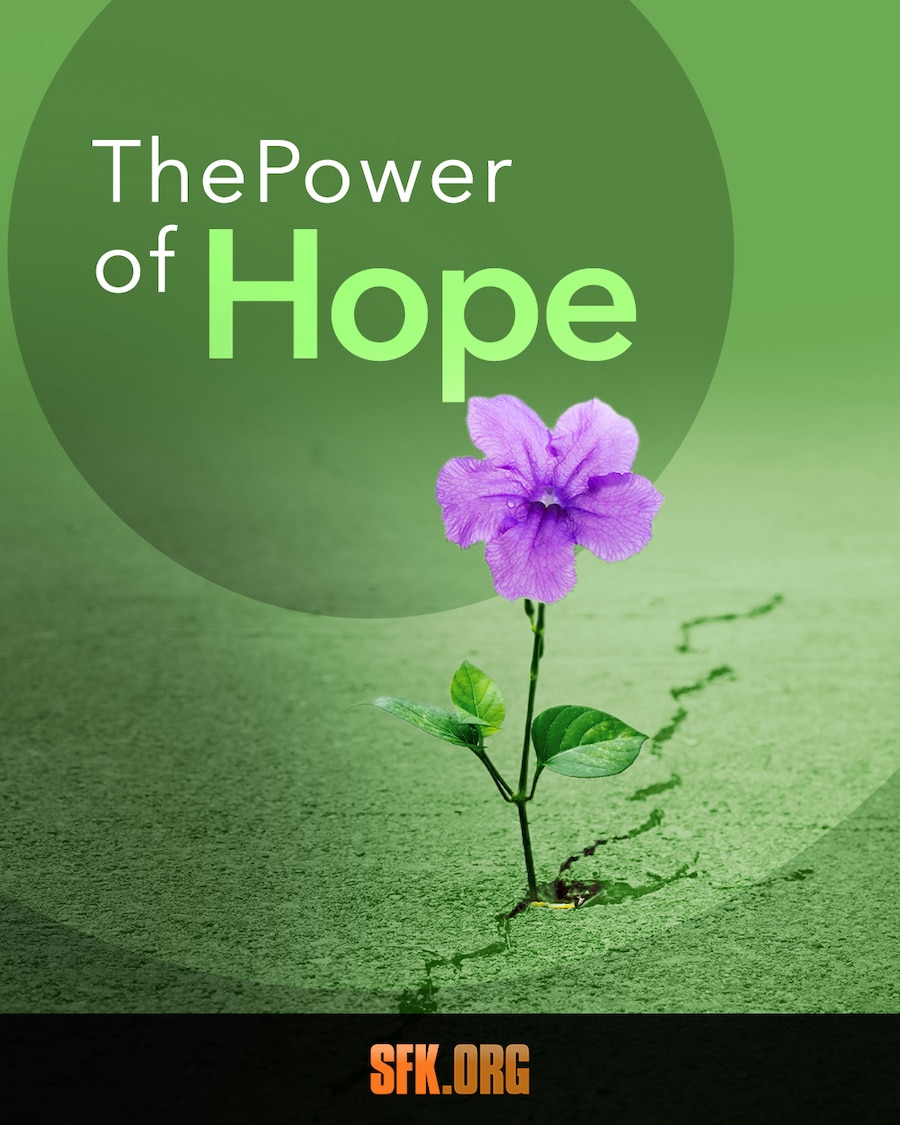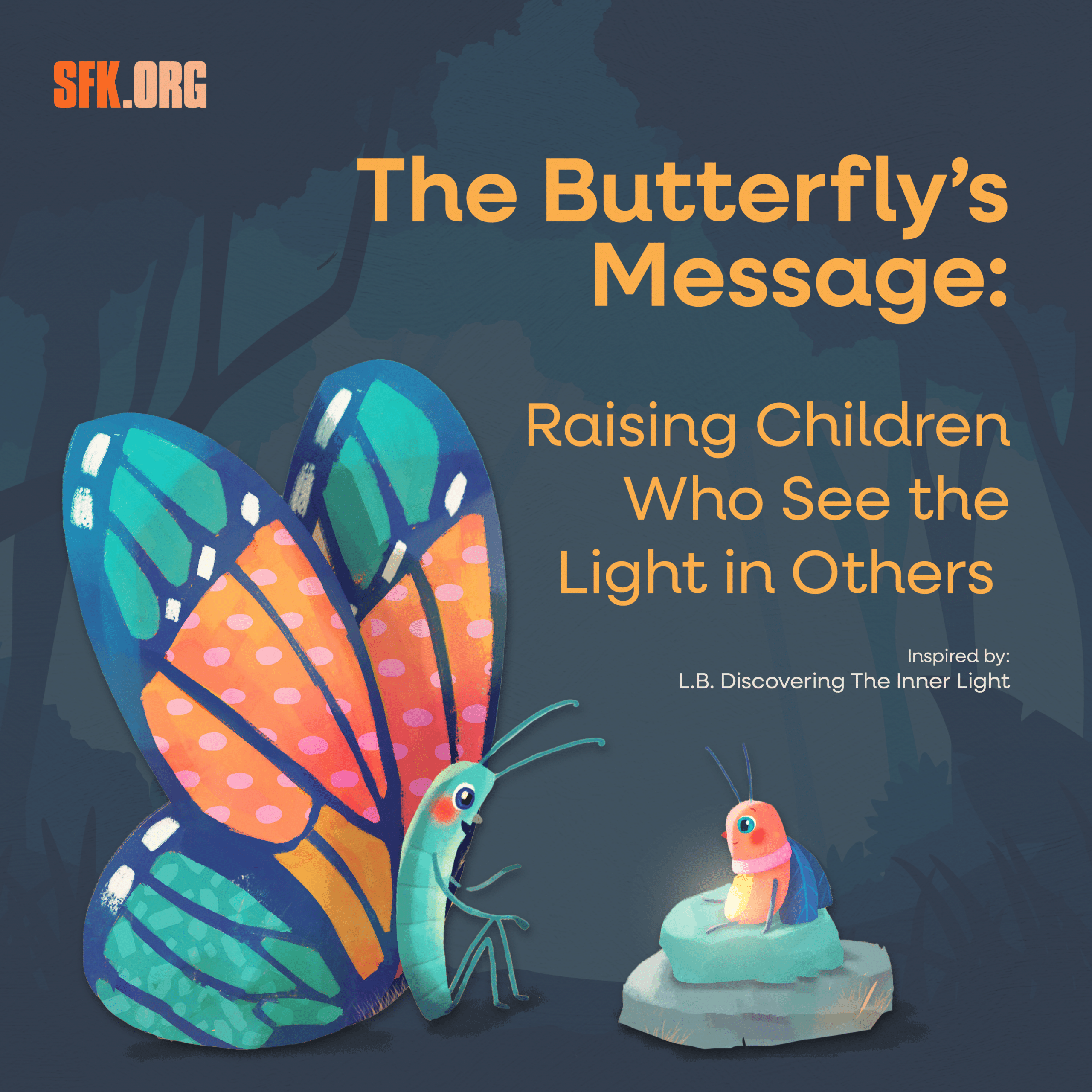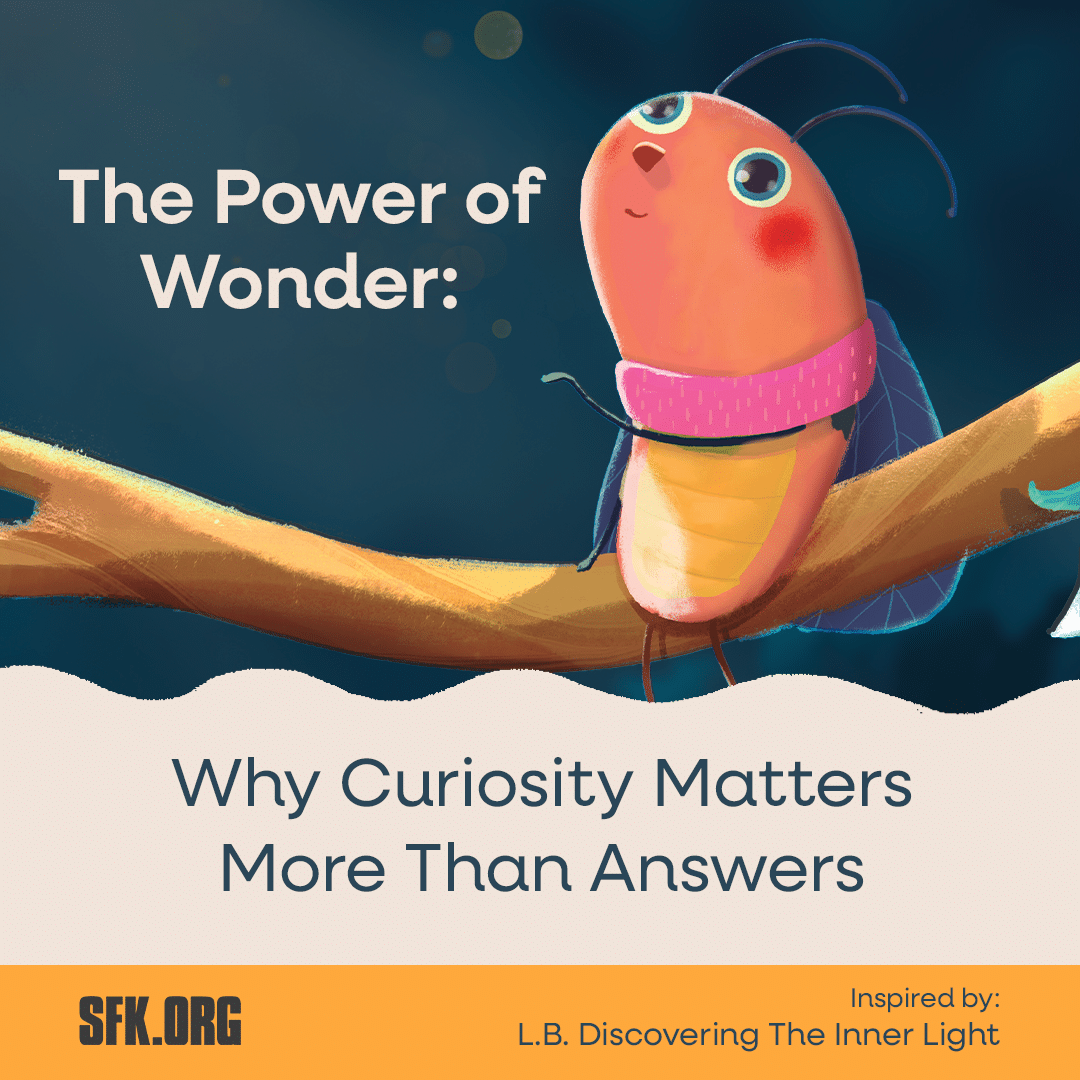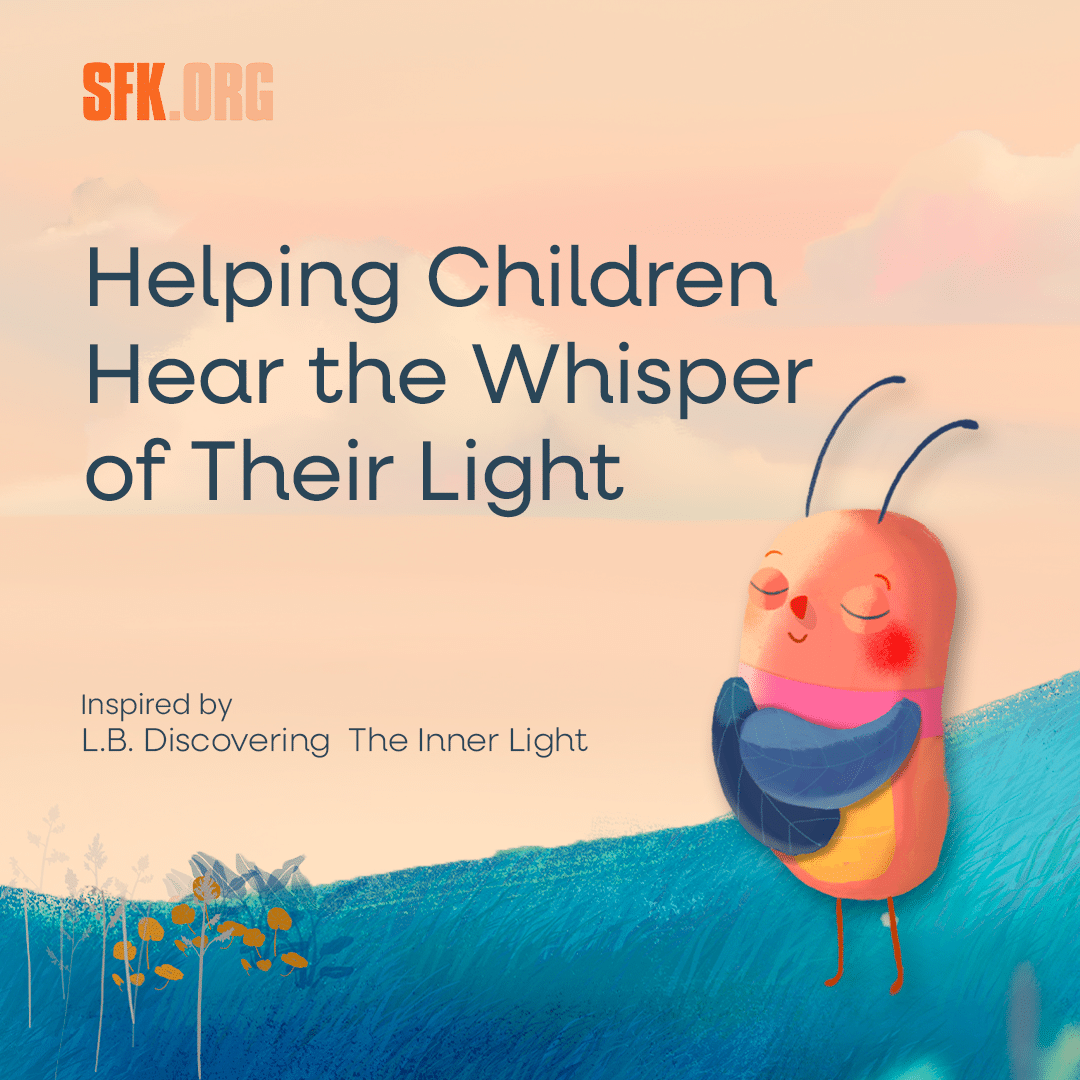
Blog post written by SFK board member Dr. Heart Grant
The thing colleagues have asked me the most this year is how they can help their students to be less anxious and uncertain while there is a pandemic going on and they are stuck learning from home in the middle of busy lives that have been turned upside down. I presume that they are asking me this because of my research in resiliency and work developing and implementing resiliency focused programs internationally. I can usually tell that they are startled by the simplicity of my response every time:
“You have to find ways to give them hope”.
There are now decades of research and practices that show us that people who have higher levels of hope are able to perform better in schools or work. They are even less likely to become sick. They have healthier relationships with others and themselves. Part of why they outperform others in many areas is that they are able to find a sense of meaning in life and set higher goals. Even in challenging circumstances, they are able to push through to achieve these goals with a sense of purpose and direction when they have hope.
Social-Emotional Learning
Social-Emotional Learning
Social and emotional intelligence can, and do, play essential roles in promoting resiliency. Schools are not incorrect to focus here. But evidence suggests that these, without hope, are alone not enough. They are necessary skills, but not sufficient. Hope is also required to be ready to overcome life’s challenges where others do not.
People often correctly respond that wishing for something to be better or being optimistic can’t be what makes the difference.
“And how can you teach a child to wish things were better? That is not how life works”.
First, we need to recognize that hope is a belief. Hope is a belief that things will get better if we hang on during the tough times. But, importantly, it is also that the change can happen through our actions. This is an important point: it is not just being optimistic that things will get better if we just wait long enough.
Hope encourages us to act through the tough times by taking control of situations and how we react to them. It is through this action that meaning and purpose can be found to help keep the child be motivated to not give up when things aren’t immediately the way we wanted them to be.
Giving a child hope is not done by just telling them. They need to be shown examples of how their choices and actions can impact the world around them. They need to see that these choices have positive consequences that can help them to cope and even thrive through the difficult spots that are inevitable in life.
How to reinforce hope in a child
How to reinforce hope in a child
For younger children in SFK, a story such as the now classic The Carrot Seed by Ruth Krauss demonstrates how the seeds that we plant in life can lead to positive outcomes later. The types of seeds that we plant, or choices that we make can significantly change the world we experience around us. In SFK, after reading the Carrot Seed, children are given an art activity where they make seeds representing caring action that they can do in the world. They then create leaves on a flower that might be possible outcomes of these seeds (SFK Level Two Lesson #12). For example, if he or she takes the time to say kinds words to those around them, they may hear more kinds words back at them later.
With older children, this art activity can be done by actually having the youth’s garden. They can see that their action of planting a seed (And caring for it after) can lead to an actual flower blooming later.
Activities like these have been linked to both hope and increased self-esteem in children and youths.
To this, I have been literally told, “How does gardening have anything to do with making a child that feels the world is going to end feel better?”
I understand this concern. I too felt such activities would not work in areas with high poverty and crime. Sometimes the simplicity of knowing that there is a part of my environment that I can control, can go a long way. I can bring good to the world even as it feels like it is slipping away from me. Such an understanding also helps to plant that seed of meaning that I mentioned earlier too. And, of course, gardening or related activities are usually not one-time activities. They are reinforced over time. A flower doesn’t grow overnight.






